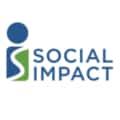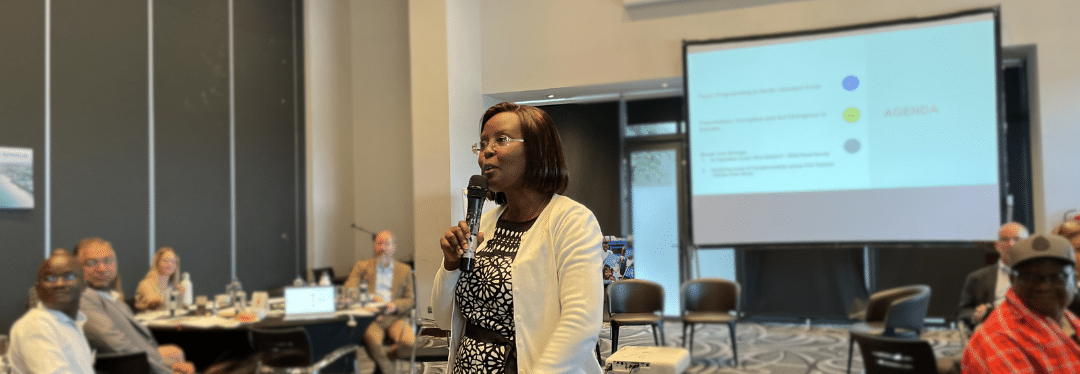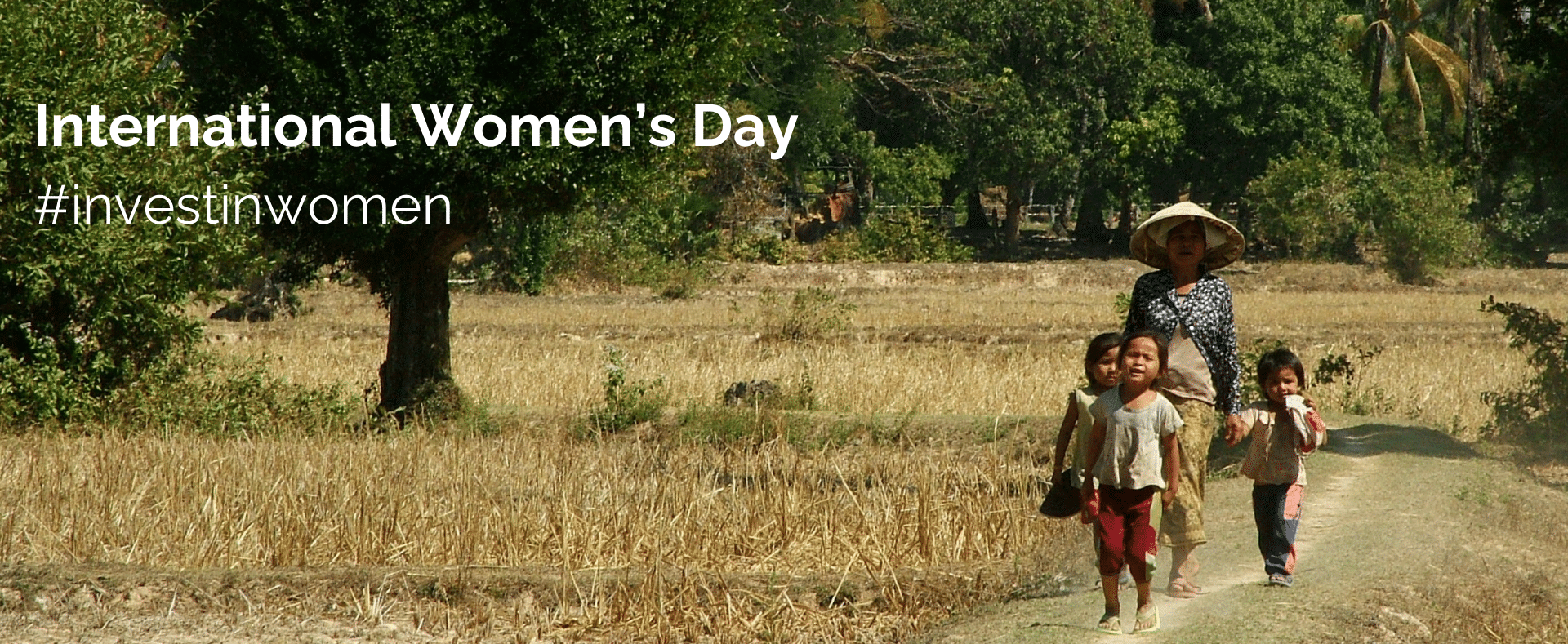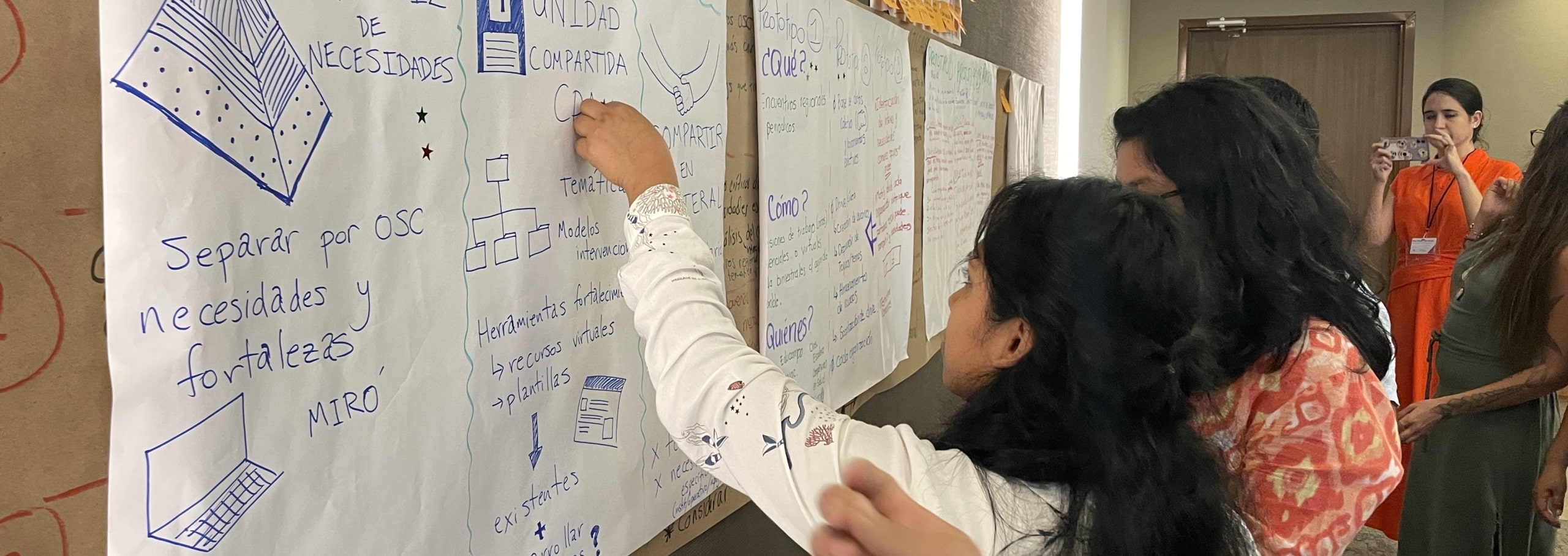Two years ago, at a time when communities across the United States came together to demand greater diversity, equity, and inclusion (DEI), the development and humanitarian assistance sector looked inward and found a startling gap in data that would help illuminate what steps organizations need to take to advance DEI internally. In striving to benchmark ourselves to other organizations in our sector, Social Impact realized that there was no industry-wide data on the state of DEI in our sector. Knowing that greater diversity at all organizational levels was not only the right thing to strive for but would also result in better development outcomes (Hunt, Yee, Prince, & Dixon-Fyle, 2018) (Gompers & Kovvali, 2018), we built a coalition of like-minded partners1 to address this data gap. Our goal was twofold: first, to create an evidence-based movement for positive change, and second, to provide organizations with data to assess their own progress on DEI outcomes. Together, we implemented the first ever industry-wide, institutional survey that measured the state of DEI in the development and humanitarian assistance sector in the United States – BRIDGE (Benchmarking Race Inclusion and Diversity in Global Engagement).
BRIDGE provided a diversity snapshot of staff, leadership, boards, and CEOs in our development and humanitarian assistance sector organizations across gender, racial, and disability dimensions. Additionally, it documented the DEI strategies they were undertaking. The main conclusions of the study were stark:
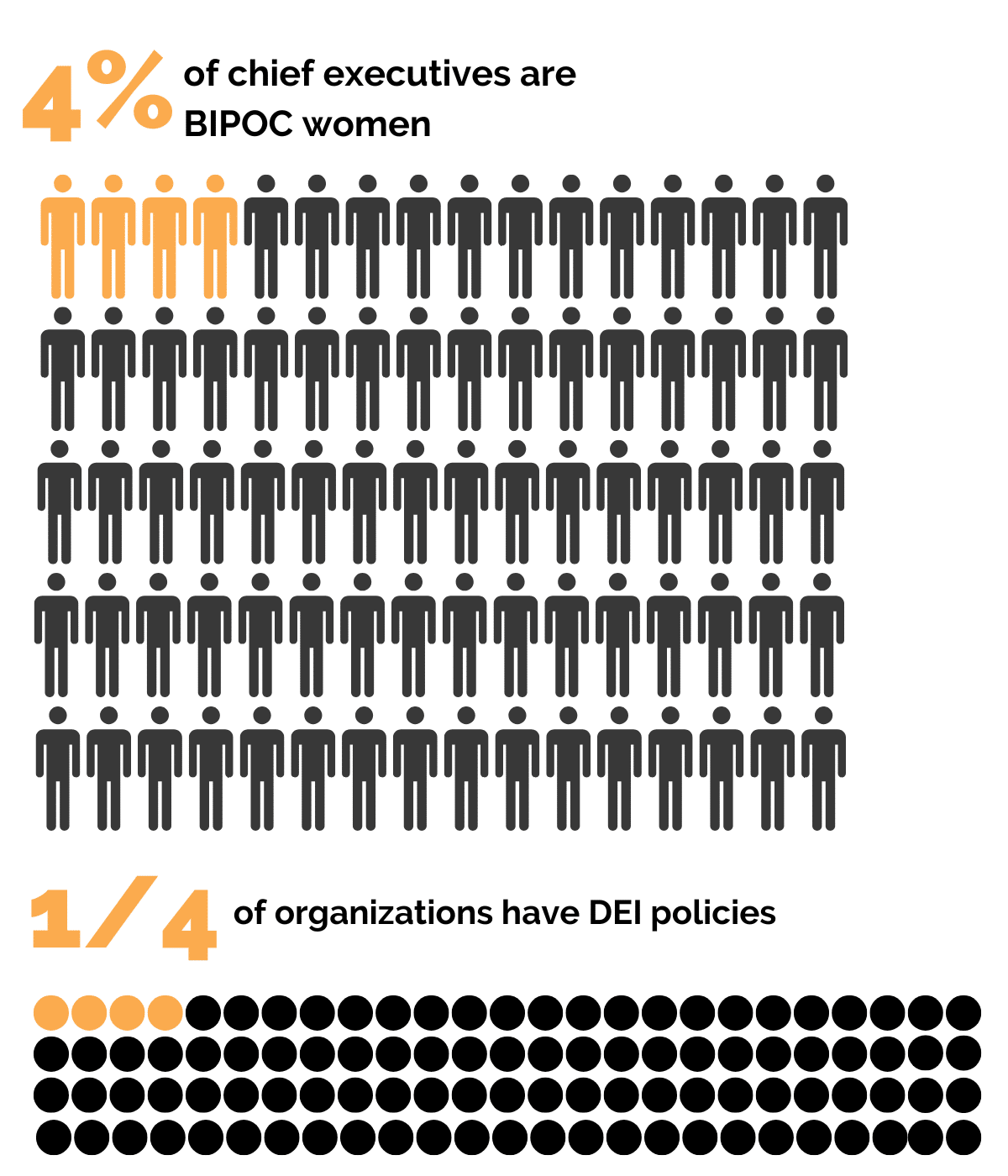
- Power was not equally shared in our sector, particularly as it relates to race. We saw that the share of BIPOC2 individuals declined as you move up the organizational hierarchies and that racial and ethnic minorities were under-represented in management teams, boards and particularly at the CEO level. The greatest problem was at the intersection of race and gender. While women accounted for 50% of the CEOs in our sector, women of color accounted for only 4%.
- The gaps in diversity data made it difficult for organizations to track their DEI status. Most organizations tracked diversity data for compliance purposes. As such, many organizations did not track standard demographic information and for those that did track this information, the categories often defaulted to reporting requirements which themselves have many flaws. For example, for reporting purposes, gender must be reported as a binary indicator and is therefore tracked in this way. Thus, even when diversity data was gathered, they were often non-inclusive.
- Transparency of DEI data was limited and likely contributed to the lack of accountability for change. BRIDGE showed that only a minority of organizations shared diversity metrics with their staff. Even fewer shared this data externally. The number of organizations sharing diversity-disaggregated compensation data with their staff was negligible.
- Formal public commitments to improving DEI in our organizations were relatively rare. Only 26% of organizations had DEI policies in place and there were no industry wide pledges or compacts that organizations could commit to publicly. This was further evidence of a lack of accountability for change.
While the findings were depressing, the impact of BRIDGE was significant and hopeful.
- We raised awareness: The BRIDGE website has been accessed over 6000 times and almost 2000 individuals from implementer and funder organizations attended BRIDGE dissemination events between the summer of 2021 and the spring of 2022. This number includes many CEOs and other organizational leaders with the power and agency to make change.
- We made the data visible: BRIDGE findings are publicly available to help organizations in the sector utilize the results to benchmark themselves and identify areas for improvement.
- We sparked sector wide change: BRIDGE revealed powerful findings on racial and ethnic inequities in the international development and humanitarian assistance sector, particularly at the highest levels of power within organizations. The data provided the evidence base for the formation of CREED (the Coalition for Racial and Ethnic Equity in Development) which has to-date inspired 100+ CEOs in our sector to sign a pledge to work towards greater racial and ethnic equity in their organizations.
- We inspired organizational level change: Organizations in our sector used the data to benchmark themselves and make plans to change the status quo.
In the two years since we implemented BRIDGE much has happened in our sector to advance DEI due to the efforts of numerous individuals, organizations, sectoral initiatives, and government requirements. We are proud of the role that BRIDGE played in this movement for change and aim to continue shining a light on injustice and holding up a mirror to ourselves and our sector. As evidence seekers and evidence users, it is time to see how our industry is doing two years later and address questions that we previously were not able to answer. We need to know if there has been change in how power is shared, how DEI data are gathered, the level of transparency around DEI, and in DEI policies and practices. Moreover, we need to know what is working, what is not working, and how we, as a community can continue to strive for advancing equity and inclusion.
And so, take the BRIDGE 2.0 survey by clicking here.
Again, a coalition of organizations in our sector have come together to refine and shape the effort. This survey will ask all the questions we asked in the baseline study allowing us to capture trends over time. Additionally, it will go further to touch upon topics we didn’t address in the first iteration and to gather qualitative information on challenges and opportunities that organizations are encountering on their DEI journeys. The survey will be disseminated via industry associations, social media, and other channels. The primary mode of dissemination will be via the associations that represent organizations working in the development and humanitarian assistance sector (InterAction, Humentum, PSC/CIDC, etc). Organizations may also request the survey by clicking on this link. Our goal is to achieve the broadest possible dissemination of the instrument. The survey will be open for a month. Results will be available in the fall and will be disseminated widely.
Data is a powerful agent for change. Encourage your organization’s leadership to take the survey and contribute to this global public good that will also provide useful insights to your own organization as you work to advance your DEI goals. Join us!
————————
Authors:
Shiro Gnanaselvam is the President and CEO of Social Impact. With over 30 years of international development experience in program, operational and leadership roles, she has been a passionate advocate for using evidence and learning to make social programs more effective. Shiro is on board of the Coalition for Racial & Ethnic Equity in Development (CREED) and co-chairs the DEI Working Group for the PSC Council of International Development Companies
Brooke Hill is a Senior Program Manager in the Strategy, Performance, and Learning Division. She is the technical lead of BRIDGE and co-leads SI’s research incubator on diversity, equity, and inclusion in data and learning, The Equity Lab
Mateusz Pucilowski is the Vice President of SI’s Evaluation, Research, and Analytics division and a leading evaluation methodologist with a focus on impact evaluations and quantitative methods. He is the project director of BRIDGE and leads the data quality oversight, strategy, and design.

